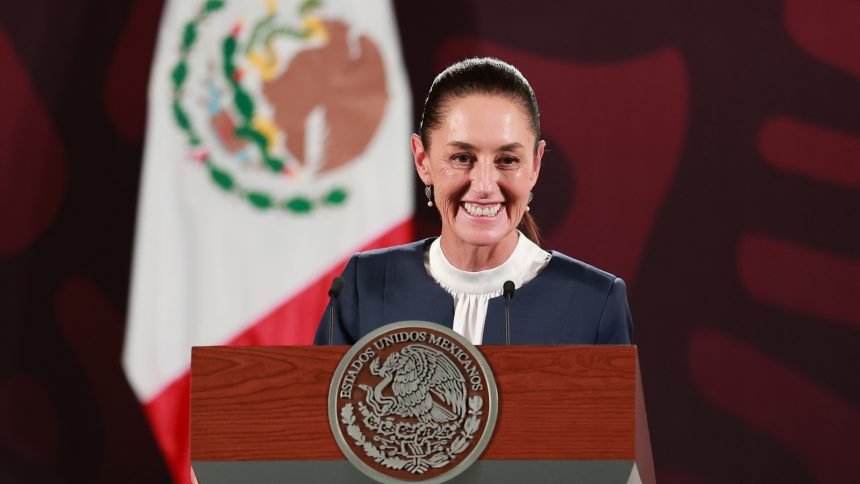Claudia Sheinbaum emerged victorious in the recent Mexican presidential election, clinching nearly 60 percent of the vote and securing legislative majorities for her left-wing Morena party. A former climate scientist and the former mayor of Mexico City, Sheinbaum’s landslide victory comes as no surprise, being the successor to the popular outgoing president, Andrés Manuel López Obrador.
Despite her impending presidency, Mexico City, which Sheinbaum oversaw from 2018 to 2023, is currently facing a severe water crisis making global headlines. Millions of residents, particularly those in low-income areas, rely on sporadic delivery of contaminated groundwater, and even wealthier neighborhoods are experiencing water shortages as the city’s reservoirs run dry. Furthermore, the city loses approximately 40 percent of its water supply to leaks in its aging underground pipes.
During her tenure as mayor, Sheinbaum implemented various initiatives to address these challenges, including capturing rainwater, restoring aquifers, and upgrading the water infrastructure. However, experts and officials note that the scale of the crisis requires more resources than she had access to.
As she transitions to the presidency, along with new leadership at the local and regional levels in Mexico City, there is hope for significant change in how the country manages its water resources and adapts to climate-related droughts. Water experts emphasize that water management is a top priority for Sheinbaum, and she has already made progress in implementing innovative programs to address the water crisis.
Despite her efforts, Mexico City’s water crisis remains multifaceted, with challenges ranging from drought-induced shortages to inadequate infrastructure and technological limitations. Sheinbaum, along with incoming mayor Clara Brugada, has focused on nature-based solutions and community-driven projects to tackle the water crisis at the household and neighborhood levels.
Investing in sustainable water management practices, such as capturing rainwater and restoring aquifers, will be crucial for addressing Mexico’s water challenges in both urban and rural areas. With a new wave of leadership and renewed focus on water issues, there is optimism for a more sustainable future for Mexico City and beyond under Sheinbaum’s presidency.






